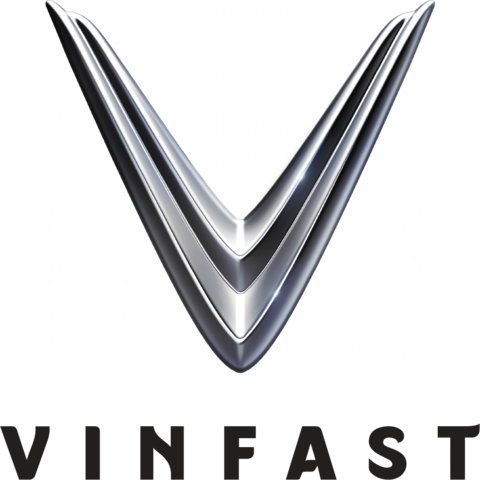VinFast: EVs Help the Planet and the Household Budget
VinFast: EVs Help the Planet and the Household Budget
MARKHAM, Ontario--(BUSINESS WIRE)--As rising living costs push Canadian families to seek smarter financial choices, electric vehicles like those from VinFast are emerging as practical options that promise long-term savings and stability in uncertain economic times.
Canadian families are having to make tough choices as grocery bills climb by 3.8% year over year1. With 85% now feeling like they’re living paycheque to paycheque2 and 61% reconsidering major life decisions due to rising costs3, every purchase matters more than ever.
In this climate, consumers will have to calculate which vehicle makes the most financial sense over time. The answer increasingly points to electric.
The Numbers Don't Lie
Recent research reveals a compelling financial picture for electric vehicles. Clean Energy Canada found that EVs save Canadian drivers roughly $3,000 annually on average. Over ten years, that adds up to about $30,000 in savings4. An electric hatchback or SUV can save $28,500 compared to its gasoline equivalent during the same period.
An earlier research from Vincentric supports these findings. They analyzed 40 electric vehicles against comparable gas models and came to the conclusion that 95% of EVs cost less to own over five years than their traditional counterparts5. The savings come from lower fuel costs, reduced maintenance needs, and fewer repairs.
Long seen as an environmentally friendly alternative to gasoline cars, EVs are now emerging as practical financial tools for households watching every dollar. Yes, EVs often cost more upfront, but they can reduce the total cost of ownership, a growing concern for budget-conscious families. Lower fuel costs make a difference when gas prices swing unpredictably, and reduced maintenance helps when unexpected repair bills can derail household budgets.
This financial logic could be especially appealing to parents. The Spring Financial report found that 70% of parents with kids at home are reconsidering major decisions due to cost pressures6. They're 40% less likely to afford emergency savings compared to other Canadians.
For these families, an EV's lower operating costs might help free up money for other priorities.
The psychological shift may be underway. Canadians who once bought EVs to feel good about the environment might now be turning to them to make better financial decisions.
Meeting the Market Where It Is
Automakers recognize this change. VinFast, the best-selling automaker in Vietnam, for example, has structured its Canadian strategy around what budget-conscious buyers actually want. Their "3 Good" approach focuses on premium cars, affordable prices, and excellent aftersales policies. It's straightforward messaging for complicated times.
Currently, VinFast offers one of the longest warranties in the car industry, with their all-wheel-drive mid-sized electric SUV, the VinFast VF 8, covered for ten years or 200,000 kilometers, with unlimited kilometers on the battery under normal usage. This is financial insurance for families who can't afford unexpected repair bills. The warranty reduces long-term uncertainty, which matters more when household budgets are already stretched thin.
The brand's approach aligns with current Canadian priorities. Affordable pricing addresses upfront cost concerns. Well-equipped vehicles provide value. Strong service commitments reduce ownership risks. These aren't luxury considerations anymore; they're necessities for families making careful financial decisions.
VinFast's strategy reflects the broader market reality. Canadian buyers want EVs that make financial sense first and environmental sense second. Both matter, but economic pressures have reordered priorities.
The New Equation
Today's car buyers face a different calculation than they did several years ago. Environmental benefits still matter, but financial benefits often determine the final decision. EVs deliver on both, but the economic case has become the compelling argument.
In this environment, brands should recognize that they're selling financial security as much as environmental responsibility. They can win over customers by understanding what Canadian families need most right now: vehicles that help their budgets work better, not just make their carbon footprint smaller.
_____________________________________________ |
2 https://www.hrblock.ca/blog/are-emaciated-canadian-piggybanks-today-s-reality |
4 https://cleanenergycanada.org/wp-content/uploads/2024/07/Report_2024_EVSavings-V5-1.pdf |
6 Same as #3 |
